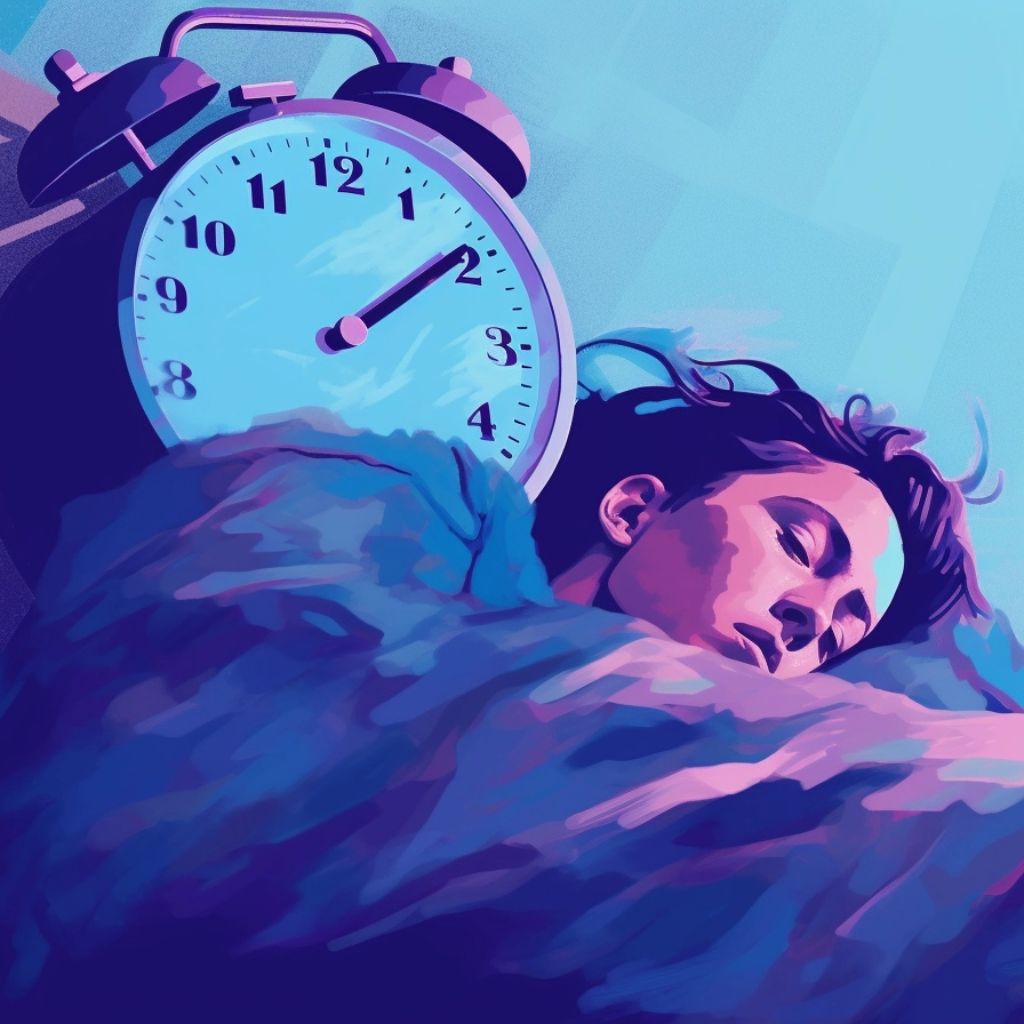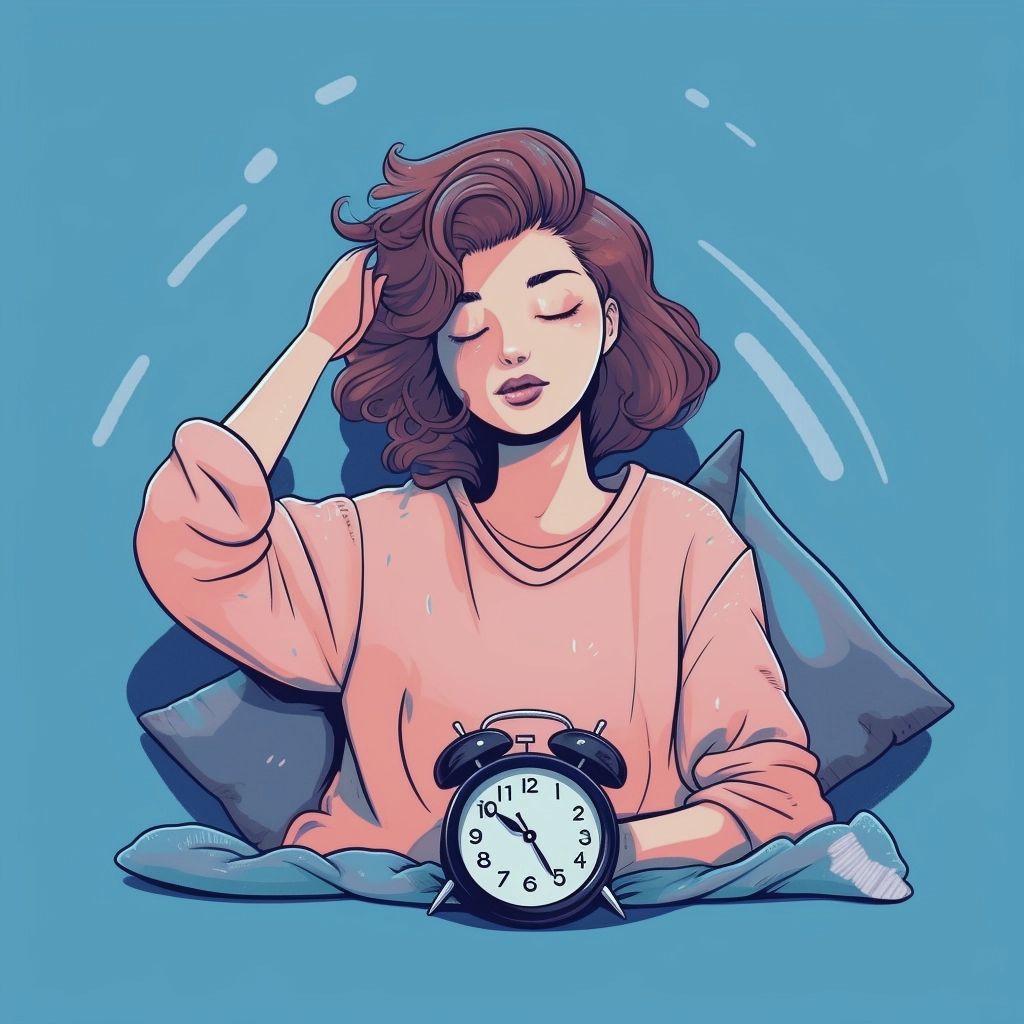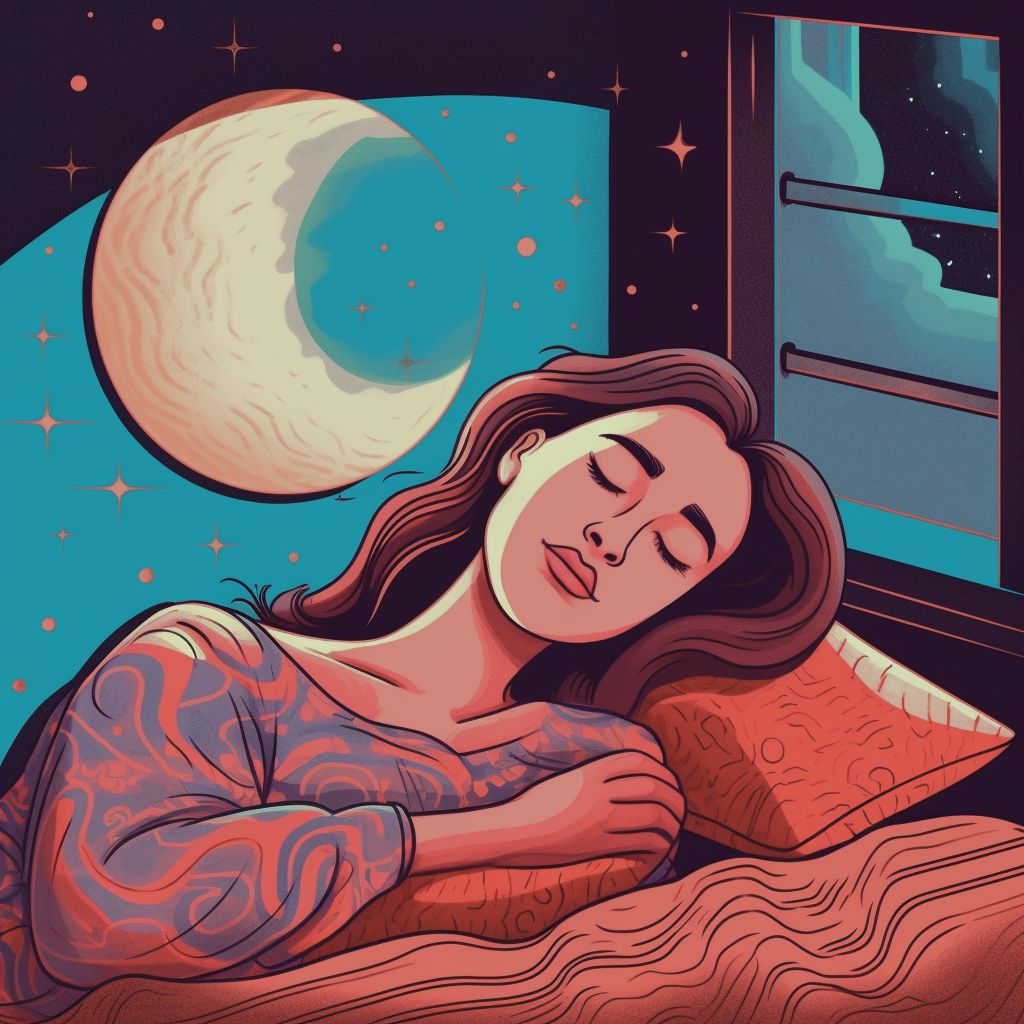Complex PTSD and Sleep Disturbance | How to Manage

Complex Post-Traumatic Stress Disorder (CPTSD) can profoundly affect sleep quality. Individuals with CPTSD often experience a range of sleep disturbances, including insomnia, nightmares, and daytime sleepiness. Recognizing and addressing these issues is crucial, as disrupted sleep can exacerbate the already challenging symptoms of CPTSD. By understanding the connection between Complex PTSD and sleep, individuals can seek appropriate treatment and support, ultimately contributing to their holistic recovery and improved quality of life.
Complex PTSD and Sleep
The intricate interplay between CPTSD and sleep disturbances can significantly contribute to the challenges faced by those who are affected. In general, CPTSD can disrupt people’s sleep in the following ways.
Complex PTSD and Insomnia
One of the primary ways CPTSD affects sleep is through the development of insomnia. Insomnia is characterized by difficulties falling asleep, staying asleep, or experiencing non-restorative sleep. Hyperarousal, a common symptom of CPTSD, can keep individuals in a state of heightened alertness even during nighttime hours. Intrusive thoughts related to past traumas often intrude upon bedtime, making it challenging to relax and initiate sleep.

Sleep Paralysis in Complex PTSD
Sleep paralysis, an unsettling phenomenon where an individual is temporarily unable to move or speak while falling asleep or waking up, is prevalent among those with CPTSD. Trauma-related triggers can play a role in the occurrence of sleep paralysis episodes, intensifying the distress associated with the condition and further compromising sleep quality.
| Suggestion: Ongoing Traumatic Relationship Syndrome
Nightmares, Restless Sleep, and Frequent Awakenings
CPTSD can lead to a barrage of nightmares and unsettling dreams that stem from trauma memories. These nightmares not only disrupt sleep but also contribute to frequent awakenings throughout the night. Additionally, hypervigilance, a heightened state of alertness, can cause individuals to wake up at the slightest noise or sensation, further fragmenting their sleep.
Daytime Sleepiness
Disrupted sleep patterns, combined with the emotional and mental toll of CPTSD, often result in excessive daytime sleepiness. This persistent fatigue can create a cycle where daytime sleepiness leads to impaired daytime functioning, while the accumulated stress and anxiety further exacerbate sleep disturbances.
Flashbacks and Hypervigilance
Flashbacks, vivid and distressing recollections of traumatic events, can intrude upon an individual’s ability to fall asleep or maintain restful sleep. The heightened state of hypervigilance experienced by those with CPTSD can amplify the difficulty in winding down at night and embracing the relaxation necessary for sleep.
The relationship between Complex PTSD and sleep disruptions is intricate and multifaceted. The effects of CPTSD on sleep, including insomnia, sleep paralysis, nightmares, and hypervigilance, can compound the challenges already posed by the disorder. Recognizing these connections and their impact is essential for individuals and their caregivers.
Addressing both the psychological aspects of CPTSD and its associated sleep disturbances through comprehensive treatment approaches can pave the way for improved sleep quality, overall well-being, and a better quality of life.
Strategies for Better Sleep
For individuals with Complex Post-Traumatic Stress Disorder (CPTSD), achieving restful sleep can be particularly challenging due to the intricate relationship between trauma and sleep disturbances. Fortunately, implementing targeted strategies can play a pivotal role in improving sleep quality and overall well-being.

Creating a Relaxing Bedtime Routine
Establishing a consistent and calming bedtime routine is a fundamental step in promoting better sleep. Engaging in relaxing activities before bed signals to the body that it’s time to wind down. Consider activities such as reading a book, practicing gentle stretches, or engaging in mindfulness exercises. These practices can help shift the focus away from distressing thoughts and create a sense of tranquility conducive to sleep.
Sleep Environment
The sleep environment plays a significant role in determining the quality of sleep. Ensure that your sleep space is optimized for restfulness. Invest in comfortable bedding and pillows that provide adequate support. Make your room as dark and quiet as possible to minimize disruptions. Creating a serene sleep environment enhances the chances of falling asleep and staying asleep throughout the night.
Mindfulness and Meditation
Mindfulness and meditation techniques can be powerful tools for managing intrusive thoughts and anxiety, both of which are prevalent in individuals with CPTSD. Engaging in mindfulness exercises before bed can help quiet the mind and reduce the emotional turmoil that may interfere with sleep. Techniques such as deep breathing, progressive muscle relaxation, or guided imagery can promote relaxation and prepare the mind for restful sleep.
Limiting Stimulants
The consumption of stimulants, such as caffeine, nicotine, and excessive screen time, can significantly impact sleep quality. Caffeine, in particular, is a potent disruptor of sleep, as it can interfere with the body’s ability to unwind. To improve sleep, consider limiting caffeine intake in the afternoon and evening. Additionally, reduce screen time before bedtime, as the blue light emitted by electronic devices can suppress the production of melatonin, a hormone crucial for sleep.
Treatment for Complex PTSD and Sleep Disorders
Addressing the intertwined challenges of Complex Post-Traumatic Stress Disorder (CPTSD) and sleep disturbances necessitates a multi-faceted approach that acknowledges the complex interplay between trauma and sleep. Several treatment options are available to offer individuals a path to healing and improved sleep quality.

Therapy
Trauma-focused therapies are cornerstone treatments for CPTSD, with notable success in mitigating sleep disruptions. Cognitive Behavioral Therapy for Trauma (CBT-T) focuses on reshaping thought patterns associated with trauma, which can alleviate anxiety and intrusive thoughts that impede sleep. Eye Movement Desensitization and Reprocessing (EMDR) aids in processing traumatic memories, often leading to reduced sleep-related symptoms. Research by Bisson et al. (2013) and Shapiro et al. (2007) highlights the efficacy of these therapies in addressing sleep disturbances stemming from trauma.
Medication
Medications can be a valuable adjunct in managing sleep issues and anxiety accompanying CPTSD. Selective serotonin reuptake inhibitors (SSRIs) and serotonin-norepinephrine reuptake inhibitors (SNRIs) are commonly prescribed to regulate mood and sleep patterns. Caution is advised, and consultation with a healthcare professional is essential. A study by Davidson et al. (2006) illustrates the potential benefits of medication in treating insomnia associated with trauma.
“Never consume any of the listed medications without your doctor’s prescription and guidance!”
Lifestyle Changes
Embracing healthy lifestyle modifications can significantly impact sleep quality for individuals with CPTSD. Regular physical activity not only promotes better sleep but also helps regulate mood. A balanced diet rich in nutrients supports overall well-being, positively influencing sleep patterns. Stress management techniques, including mindfulness meditation and progressive muscle relaxation, aid in reducing anxiety and preparing the mind for rest. The National Sleep Foundation [link to source] provides insights into the crucial role of lifestyle changes in promoting better sleep.
Alternative Therapies
Complementary approaches like acupuncture and yoga offer potential benefits in managing CPTSD symptoms and sleep disruptions. Acupuncture has been associated with reductions in insomnia and hyperarousal in a study by Hollifield et al. (2007). Yoga’s focus on relaxation and breath control may alleviate anxiety and promote restful sleep. While more research is warranted, these therapies offer additional avenues for holistic treatment.
By combining these approaches, tailored to individual needs, individuals with CPTSD can work towards addressing both their psychological trauma and sleep difficulties. Collaborating with mental health professionals ensures the utilization of the most effective and evidence-based interventions, fostering recovery and enhanced sleep quality.
Additional Tips
Here are some practical strategies to further enhance your journey towards improved sleep and well-being:
Peer Support and Counseling: Don’t underestimate the power of connection. Seek solace in the company of understanding peers, loved ones, or professional counselors. Sharing your experiences and feelings can provide a sense of validation and alleviate the emotional burden, potentially leading to better sleep.
Journaling and Expressive Writing: Transforming your thoughts into words on paper can be remarkably therapeutic. Journaling allows you to process emotions, release pent-up feelings, and reduce nighttime anxiety. By acknowledging and documenting your thoughts, you create a pathway to unburdening your mind and setting the stage for more peaceful sleep.
Progressive Muscle Relaxation: As you prepare for sleep, consider incorporating progressive muscle relaxation into your routine. This technique involves tensing and then gradually releasing different muscle groups, promoting physical relaxation and relieving tension. By easing the body into a state of calmness, you enhance your ability to embrace restful sleep.
HealWiser’s Last Piece of Advice
In the intricate web of Complex Post-Traumatic Stress Disorder (CPTSD), sleep disturbances wield considerable impact on overall health. Acknowledging and addressing these challenges is paramount. Prioritizing self-care, seeking professional help, and adopting coping strategies can pave the way to improved sleep quality and enhanced well-being.
By spreading awareness and extending support, we can empower individuals to navigate this complex terrain, fostering healing, resilience, and a brighter path ahead.
Sharing your experiences can provide valuable insights and emotional support. So…
…share your experience with Heal Wiser and others in the comments section below this post.
Sources:





